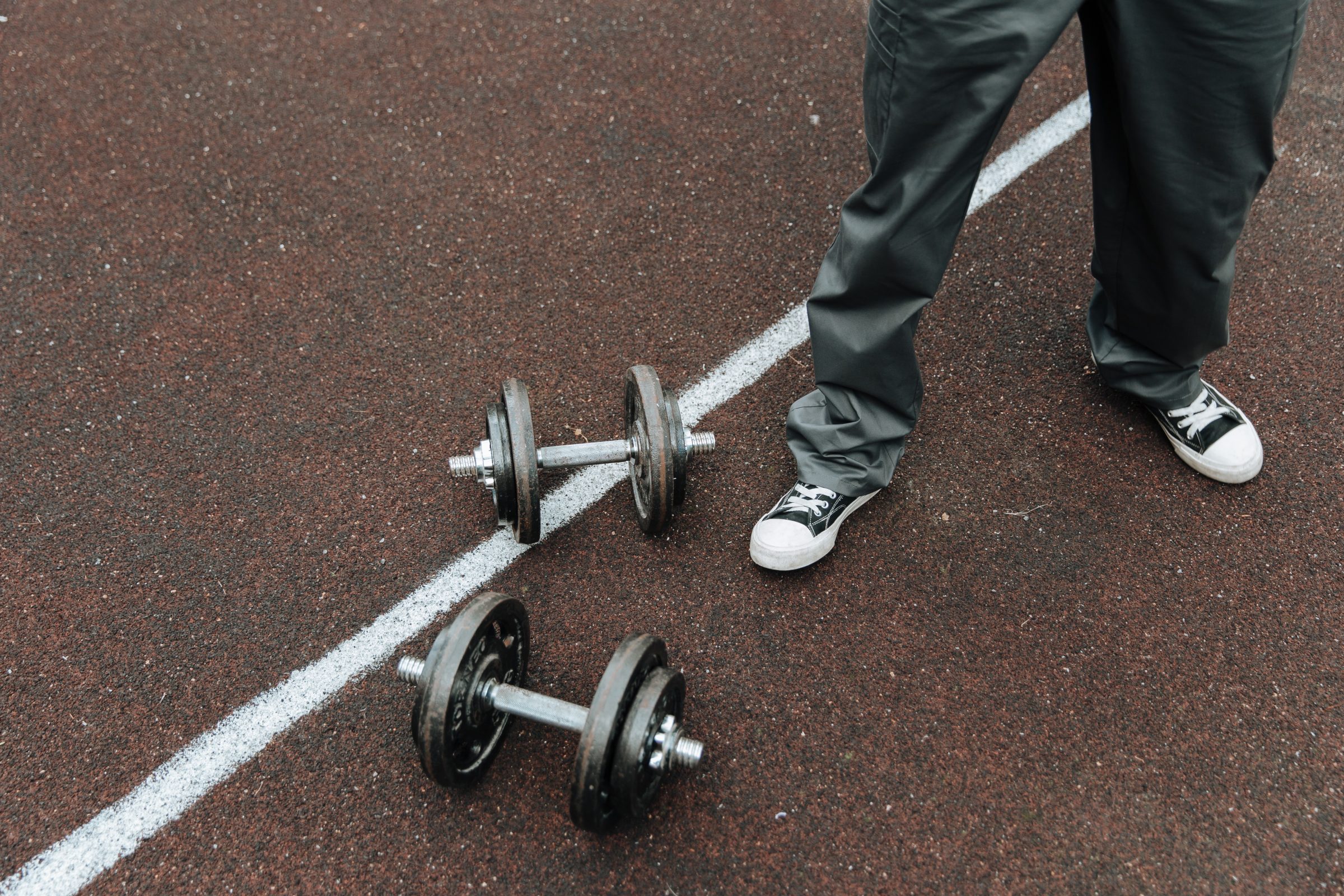More resources are needed to assist detention center officers, according to study

One important, frontline workforce affected by the COVID-19 pandemic is detention officers—much-needed personnel who are responsible for the confinement and care of individuals who are incarcerated, yet who are often overlooked as vital personnel.
In a recent study of detention officers at a county jail in the southwestern U.S., researchers found that 87% of the detention officers who responded to their online questionnaire thought that the COVID-19 pandemic had significantly changed their duties, specifically through a 14-day quarantine process for newly incarcerated individuals.
In their publication in Health Justice, “’Everything has Changed’: Detention Officer Roles and Recreation Time Changes due to COVID-19 Policies at a Southwest County Jail,” researchers from Northern Arizona University and the University of Arkansas found that the detention officers felt stressed and overwhelmed from their increased workload without receiving additional staff support or resources.
Travis Pinn, a doctoral student in the NAU interdisciplinary health program and graduate assistant for the Center for Health Equity Research (CHER), led the research team. Other researchers included Heather Williamson, associate professor at CHER and the Department of Occupational Therapy; Bethany Robinson, a former undergraduate student at CHER; Sara Shuman, assistant clinical professor, Department of Health Sciences; Maria Evans, former undergraduate research assistant for CHER; George Pro, research investigator for the Institute for Digital Health & Innovation at the University of Arkansas; and Ricky Camplain, assistant professor for CHER and the Department of Health Sciences.
“Detention officers’ responsibilities and safety procedures have increased in jails during the pandemic,” Pinn said. “Our study indicates a need to account for the ways these changes may have adverse impacts on the health of people incarcerated, specifically their access to recreation time. We hope our study provides policy-makers information with which to address this concern.”
Effects of COVID-19 on operational procedures in jails
Researchers examined how COVID affected 24 officers at a county jail in the southwestern U.S. and tracked the unintended consequences of the essential public health measure of a 14-day quarantine process and the increased pandemic risks due to limited physical distancing options of group living.
In their responses to a questionnaire, the detention officers reported two main effects of the COVID-19 pandemic: an increase in their workload without an increase in staff, and a lack of access to recreation time for people who are incarcerated because of the 14-day quarantine.
They indicated that since there is a high turnover of people who are incarcerated in jail, the change in procedures during COVID-19 required an increase in cleaning and sanitizing processes, mandatory temperature taking and constant communication with medical staff with every intake and release, which added to their workload. They also said there was a lack of readily available resources, especially COVID-19 tests and personal protective equipment.
Importance of recreation time in jails

Multiple detention officers reported new concerns about the welfare of quarantined individuals, who were not allowed recreation time during quarantine. In addition to the initial 14-day quarantine, procedures for recreation time also changed for people who were already incarcerated. They were required to attend recreation time in smaller groups, which made it more difficult for detention officers to get everyone out regularly.
Multiple officers reported time in the gym improved incarcerated individuals’ mood, outlook on life and general behavior.
Researchers found that their survey results supported earlier studies demonstrating that when incarcerated individuals participate in physical activity, they experience short-term tranquilizing effects, stress adaptation and improved mood, and they may be less likely to present behavioral problems to detention officers.
Preparing jails for future pandemics
According to the study, better communication and consultation between jail administrators and detention officers could lead to more effective pandemic policies, especially regarding any significant increase in detention officers’ job duties without an adequate increase in support.
Also, altering policies to ensure that incarcerated individuals in quarantine have access to physical activity may produce positive results for both incarcerated individuals and detention officers.
“As correctional facilities have been the epicenter of the pandemic in the United States, we will need to protect our incarcerated communities during future outbreaks, epidemics, and pandemics,” Camplain said. “That includes their mental well-being in addition to their physical health. Access to physical activity is an important piece of the puzzle we do not discuss enough.”
Collaborative at Northern Arizona University (U54MD012388), which is sponsored by the National Institute on Minority Health and Health Disparities (NIMHD).
